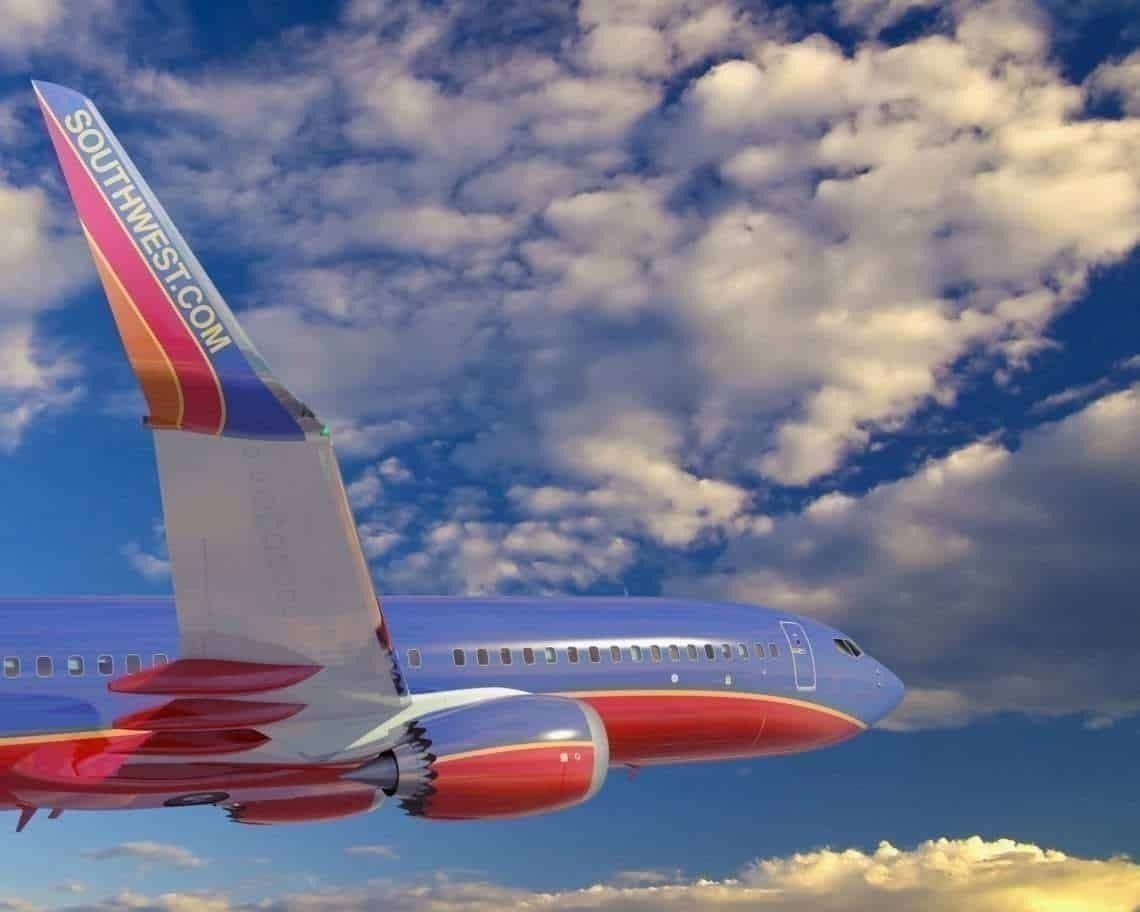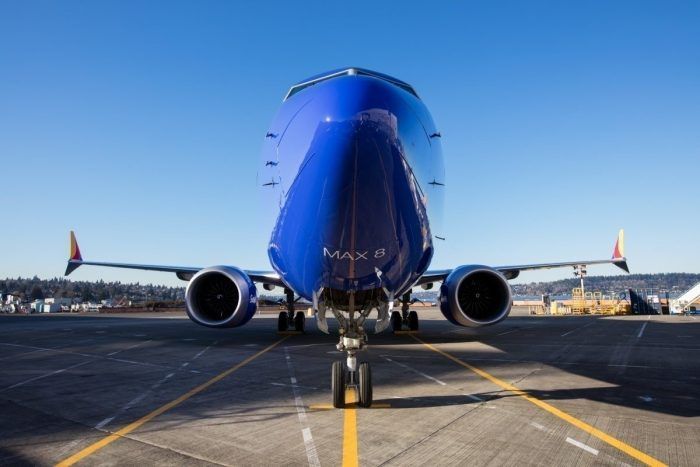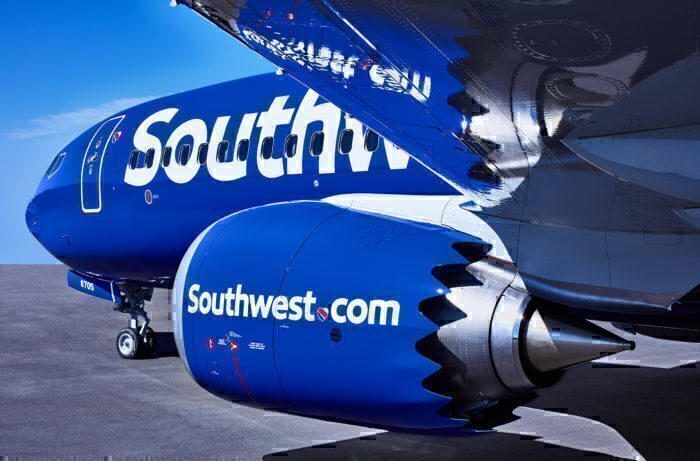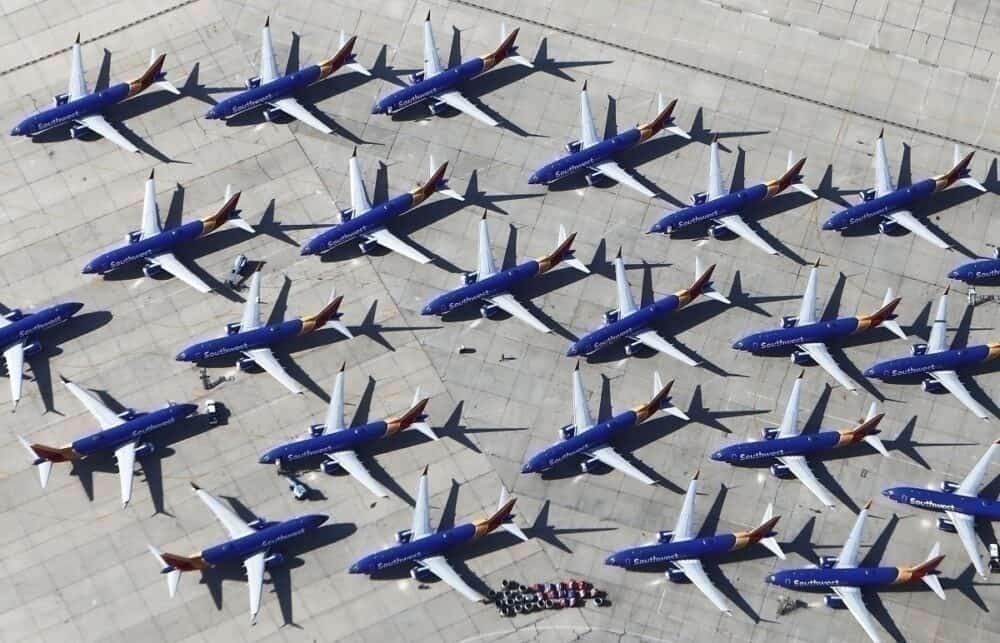Southwest Airlines has today reported its second-quarter earnings. Despite a loss of almost a billion dollars, the airline remains upbeat about its future. CEO Gary Kelly reaffirmed his commitment to the Boeing 737 MAX and gave us some insight into the tricky balancing act the airline is undertaking to ensure social distancing onboard.
Still committed to the MAX
Just like every other airline, Southwest has had a challenging second quarter. Posting a loss of just short of a billion dollars ($915m) was not unexpected, but it wasn’t all bad news. Revenue dropped to just over a billion, compared to almost six billion in the same quarter last year, but this was higher than analysts had been predicting.
Stay informed: Sign up for our daily aviation news digest.
During the results announcements, Southwest reaffirmed its commitment to the Boeing 737 MAX, with CEO Gary Kelly saying,
“We remain committed to the MAX. We look forward to its return to service. It is our most cost effective airplane and having it back into service will give us more certainty in terms of planning.”
No MAX until at least December
Although defining exactly when the MAX will come back into service is like trying to assess the length of a piece of string, Kelly believes it will be much later this year. Indeed, Southwest has removed the MAX from schedules right through to December, and he admitted that even this date could slip.
“Given the most recent Boeing and FAA comments, we're hopeful to begin revenue service in late December. But, given the history of delays, it certainly could slide into the first quarter.”
Although Boeing is still hopeful of having the MAX certified to fly within the third quarter of this year, Kelly explained that, from an airline’s perspective, this is just the tip of the iceberg. He said,
“It will take at least a couple of months from the date the FAA formally unground the aircraft for it to fly in revenue service. That time will be needed for manual updates, coordination with our certificate management office, required maintenance on the aircraft, pilot training, and then validation to ready the flights that we want to perform.”
A balancing act
In the meantime, Southwest’s commitment to block out the middle seat has left it walking a tightrope when it comes to capacity planning. In April, which Southwest admits was the low point of the crisis, the airline had roughly 400 aircraft in long term storage, which included its 34 737 MAX. Since then, the scheduled trips have increased throughout the quarter, with load factors increasing also.
By July, loads were such that the airline had to bring in extra capacity to guarantee that promised social distancing. Kelly said,
“And so, we added roughly 6,900 extra sections beyond those that were scheduled as a result. Those items required more aircraft availability, so we added 300 aircraft back into the active fleet. And at this point, we have about 100 aircraft, including the MAX, in long term storage or temporary parking programmes.”
How long will the seat stay blocked?
Southwest has announced its intentions to keep that middle seat blocked until at least October. Beyond that, there are no promises either way. However, Kelly explained that, right now, there is no revenue impact for keeping the middle seat free, so he sees no pressure to begin selling it any time soon. He said,
“Our intent is not to do this forever. Nor do our customers expect us to do this forever. So, we have to play this by ear and see what the sentiment looks … but honestly at this point, if we weren't blocking the middle seat, our load factors aren’t such that we are forgoing any revenue. So, it’s not really costing us right now.
“What has cost us something is adding in the 6900 additional sections or flights to cover those flights that did reach capacity. We didn’t want to lose the demand, so we put flights in to capture that. 80% covered their cost or were profitable and 20% didn’t. That 20% probably represented $5m or so for the quarter.
“The 80% that was favorable against the 20% that wasn’t… it was an easy decision to make.”
It seems that, until the demand picks up, Southwest passengers can be confident of having a free seat next to them.




